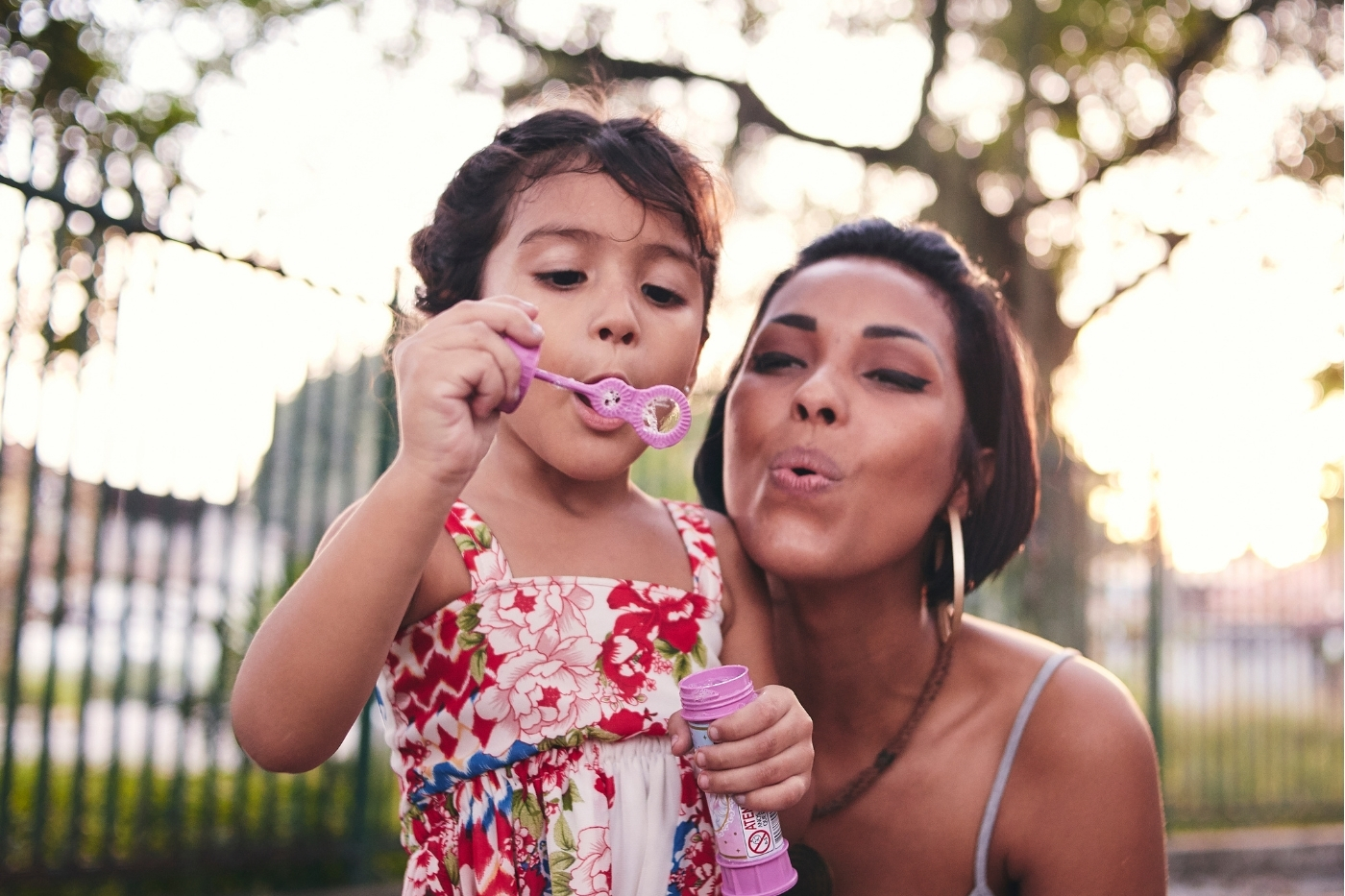Contact Us
We drove past shanties, tin tacked to plastic tacked to bits of plywood. These shanties had dirt floors, and children in underwear with pot bellies, and those with no underwear and ripped shirts, and everyone outside sitting and sweeping the dirt with grass brooms or selling piles of potatoes and plantains.

There’s also dignity in wearing a beautiful skirt amidst the slums.
In rising from the dirt to do your hair in the cracked plate of glass that hangs on your tin wall. In putting dangly earrings in your lobes and pulling on a bright yellow shirt because you may not be able to control your surroundings, but you can still be elegant.

We may not have much, but we have our spirits–so let’s let them shine.
On one of my last days in Rwanda I spoke with widows of the genocide–women who’d lost husbands and children, who’d been raped and pillaged, and they stood their in their dresses and skirts with their hair done, their faces lined with the hardness of the years but their hands open, and the first thing they said before sharing their stories was, Praise God–He is so good to me.
Faith, like beauty, is a choice. We can choose to put on the yellow shirt, or the black one. We can choose to not get changed at all–to walk around in our pajamas all day, with our hair undone, because we feel sad so getting changed won’t make a difference.
But our circumstances do not define us–rather, our attitude does. And how we rise to greet the day is up to us.
We can choose to make a difference in the dullness of our surroundings. We can choose to put on lipstick even if we’re not leaving the house. We can choose to dance with our children in the middle of the living room, to hug them instead of scold them, to put on a skirt to go to the store, to sing instead of cry, to let the person behind us go in front of us, to greet our husbands at the door with our hair done up.
There’s an old saying, “Beauty is as beauty does”–and I saw beauty doing big things in the slums of Africa.
She wore a dress, and it changed my life.
Emily Wierenga is wife to a math-teacher husband; mother and foster mother to four boys; an artist, columnist and the author of Chasing Silhouettes: How to help a Loved One Battling an Eating Disorder, Mom in the Mirror: Body Image, Beauty and Life After Pregnancy and
